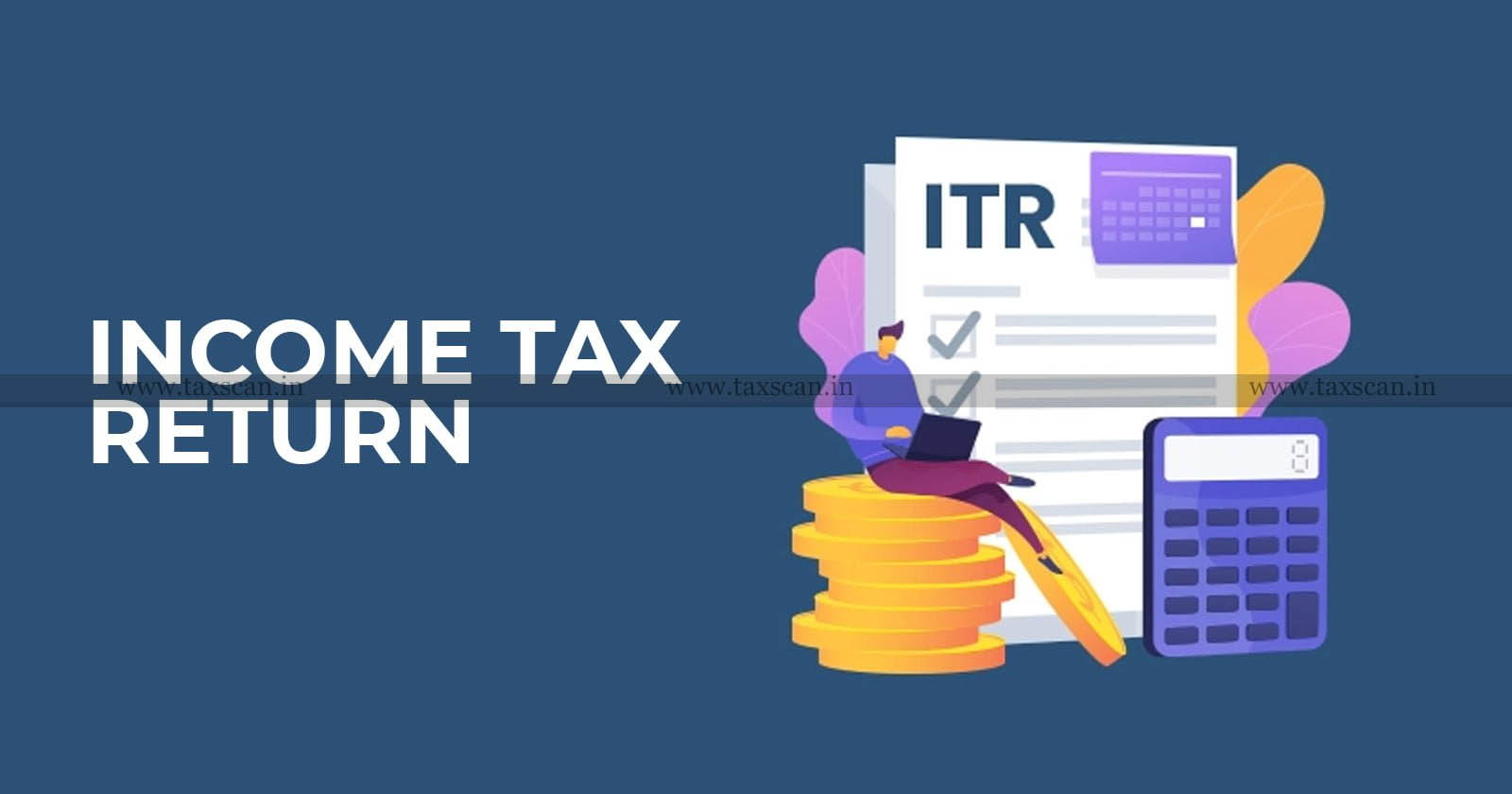Schedule 'AL' in Income Tax Return: Here's What HNIs with Income more than Rs. 50L must Know
High Networth Individuals must report assets and liabilities in Schedule AL of the relevant Income Tax Return. Know More Here

Schedule AL Requirement for ITR Forms 2&3
As tax filing season kicks off, individuals and Hindu Undivided Families ( HUFs ) with income exceeding Rs 50 lakh have an additional step: reporting both movable and immovable assets. This applies to ITR forms 2 ( without business income ) and 3 ( with business income ). Schedule AL, dedicated to "assets and liabilities," requires details on properties, financial holdings, vehicles, valuables, and any related loans.
Introduced in 2016 after the wealth tax was abolished, Schedule AL helps the government track if the assets of a taxpayer aligns with their reported income, giving hints of disproportionate assets.
Assets: Know What to Report
Both financial and non-financial assets need to be listed. This includes cash, jewellery, cars, collectibles, artwork, and real estate. Each category has a designated space in Schedule AL.
Breakdown of Specific Assets:
Financial Instruments: Report provident funds ( PF ), National Pension Scheme ( NPS ), cryptocurrencies, and Real Estate Investment Trusts ( REITs ) under the "shares and securities" column. This broad category reflects the current lack of a precise legal definition of "securities." Include all your investments in stocks, mutual funds, NPS, EPF, government bonds, and derivatives bought on March 31st ( not the entire year ).
Valuation: Report assets at their purchase cost, not current market value. For instance, declare insurance policies based on premiums paid, and vehicles at their original price regardless of age.
Investment Reporting: Investments like mutual funds, stocks, and fixed deposits should be declared at the total amount invested during the year, not their year-end value. If an investment is sold within the year it was bought, its cost shouldn't be reported. Bank account balances and cash on hand must be declared as of March 31st.
Liabilities: Know What to Include
Declare outstanding loan amounts as of March 31st, reflecting the decreasing loan value over time. Only loans taken to acquire assets are included; personal loans and credit card debts are not.
Inherited Properties:
Report inherited properties at the original purchase cost by the previous owner. If unavailable, use the circle rate on the acquisition date ( or when circle rates were introduced ).
Foreign Assets:
Report foreign assets in both Schedule FA and AL. Schedule FA uses the calendar year, while Schedule AL uses the financial year. Stocks held even for a day need to be declared in Schedule FA, but not in Schedule AL. Schedule FA also requires current market value along with the purchase cost, while Schedule AL only needs the latter.
Spousal Investments:
Due to income tax clubbing provisions, investments made in a spouse's name should be declared by the funding spouse in their ITR. When one spouse pays for a jointly owned property, the full cost is declared by the paying spouse. However, if the paying spouse isn't a joint owner ( e.g., fixed deposits or mutual funds ), the asset is considered a gift and doesn't need to be reported in their AL.
Business Assets:
Assets listed in a business balance sheet don't need to be declared in Schedule AL. For example, a company car doesn't need to be reported, but a personal house does.
Penalties and Importance of Accuracy
While no specific penalty exists for non-declaration in Schedule AL ( unlike Schedule FA with Black Money Act penalties ), accurate reporting of all assets and liabilities is highly recommended. Proper documentation and declaration create a verifiable trail, protecting you if tax authorities have questions in the future. The IT department can impose penalties for inaccuracies or omissions, ranging from Rs 25,000 to Rs 50,000 depending on if it led to tax evasion.
Conclusion
For high-income earners ( above Rs 50 lakh ), accurate reporting in Schedule AL is vital for compliance and avoiding chances of being penalised. As tax season approaches, ensure thorough and precise declarations to safeguard yourself from future scrutiny.
Support our journalism by subscribing to Taxscan premium. Follow us on Telegram for quick updates


